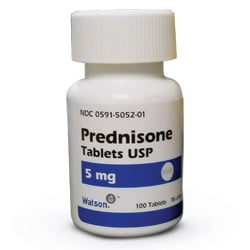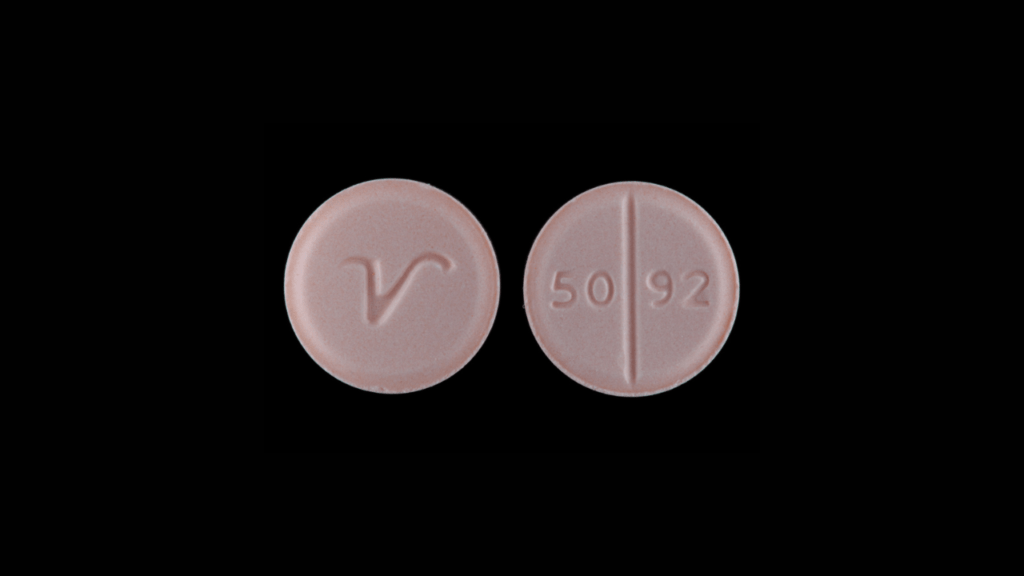In today’s fast-paced world, where stress and health issues often go hand in hand, it’s not uncommon for individuals to find themselves juggling various medications alongside lifestyle choices that may include alcohol consumption. One such medication, Prednisone, a corticosteroid widely used for its potent anti-inflammatory and immunosuppressive properties, is prescribed for a plethora of conditions ranging from autoimmune diseases to severe allergies. However, the conversation around Prednisone often extends into its interaction with alcohol, a subject of crucial importance, especially for those grappling with alcohol use disorder.
The Interplay Between Prednisone and Alcohol
Prednisone, by its nature, alters the immune response and can have a profound impact on metabolism and the body’s ability to handle external substances, including alcohol. The primary concern with the concurrent use of Prednisone and alcohol is the compounded stress it places on the body, particularly on the liver, which processes both substances. This can exacerbate the side effects of Prednisone and increase the risk of liver damage.
Increased Risk of Liver Damage
The liver is a powerhouse of metabolism, processing everything we ingest, including medications and alcohol. Both Prednisone and alcohol are metabolized in the liver, and their simultaneous intake can lead to an increased workload, potentially causing liver inflammation or worsening pre-existing liver conditions. For individuals with alcohol use disorder, whose liver function may already be compromised, this combination can be particularly dangerous.
Exacerbation of Prednisone Side Effects
Prednisone’s side effects can be wide-ranging, including mood swings, increased blood sugar levels, and a weakened immune system. Alcohol can exacerbate these effects, potentially leading to more severe mood disturbances, higher susceptibility to infections, and difficulty in managing blood sugar levels, especially in individuals with diabetes or those predisposed to diabetes.

Gastrointestinal Concerns
Both Prednisone and alcohol can irritate the gastrointestinal lining, leading to issues such as gastritis or ulcers. When combined, they can significantly increase the risk of gastrointestinal bleeding, a condition that can be life-threatening. Those with a history of gastrointestinal issues should be particularly cautious.
Weakened Immune System
Given that Prednisone is often prescribed to suppress the immune system in autoimmune conditions, adding alcohol into the mix can further weaken the body’s ability to fight infections.
Recommendations for Those with Alcohol Use Disorder
For individuals suffering from alcohol use disorder, the risks associated with combining alcohol and Prednisone are even more pronounced. It is essential to:
- Consult Healthcare Providers: Always discuss your alcohol use with your healthcare provider, particularly when being prescribed medications like Prednisone. Transparency is key to receiving the best care and avoiding adverse interactions.
- Monitor Liver Function: Regular monitoring can help catch any potential liver damage early, allowing for adjustments in medication or treatment plans.
- Seek Support for Alcohol Use Disorder: Addressing alcohol use disorder is a critical step in ensuring overall health and minimizing the risks associated with combining alcohol and medications like Prednisone.
Contact Your Doctor Today
While Prednisone can be a lifeline for many dealing with severe health conditions, its interaction with alcohol necessitates caution, particularly for those with alcohol use disorder. Understanding the risks and maintaining open communication with healthcare providers are paramount in safely managing health conditions while minimizing potential adverse effects. As always, moderation and mindfulness in alcohol consumption, alongside professional medical advice, are key to maintaining health and well-being when navigating the complexities of medication interactions. If you or a loved one is suffering from an alcohol use disorder, don’t wait to reach out to Swift River.













